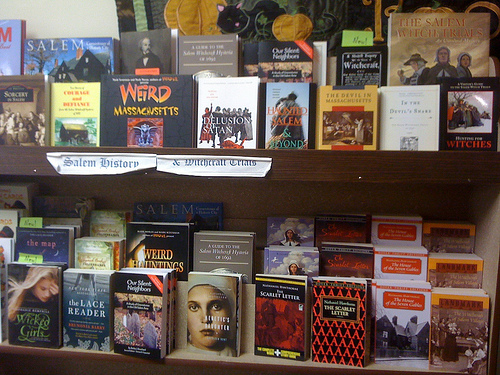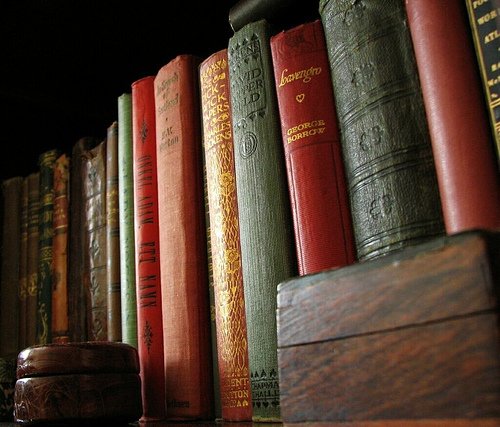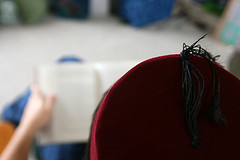This week’s Booking Through Thursday question asks, “Do you read book reviews? Whose do you trust? Do they affect your reading habits? Your buying habits?”
I do read book reviews, but not necessarily in newspapers (although sometimes I do). My main source for good reviews is Goodreads. I do read Amazon reviews, but I find Goodreads reviewers are more critical, and if I am at all on the fence about a book, I check out Goodreads before I buy it. There is no one particular reviewer I follow more than others, but I do find some reviewers seem to like the same books I do. If several reviews note some fairly serious issues with a book, I am likely not to bother with it, so the reviews do affect my reading and buying habits. I can be a notorious fence sitter. I sometimes think about whether I will like something or not for a long time. Sometimes I just know I will. What’s funny about those items I think on for a long time is that they often wind up being my favorites. Still, I think that mulling over reading selections and purchases is hardly a bad idea.
What about you?





